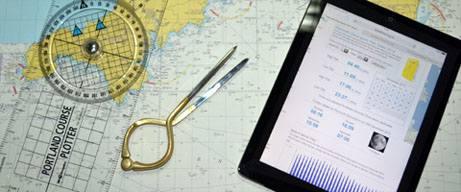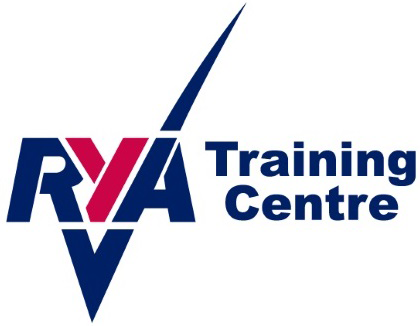Description

Advanced skippering techniques for yachtsmen and women with considerable knowledge of sailing and navigation, wanting to undertake coastal passages by day and night.
Like the Day Skipper course, this course consists of skippered passages in a variety of situations. Each trainee will skipper more challenging passages and learn more about passage planning, pilotage by day and night, boat handling, safety and emergency situations.
It is a satisfying but intensive week, with candidates often working towards a Certificate of Competence.
You will be expected to have completed the Coastal/Yachtmaster Offshore shorebased course beforehand as there is insufficient time to teach you theory during the week.
Coastal Skippers should be able to undertake more difficult passages by day and night and handle the yacht in more demanding conditions. By the end of the course you should have the knowledge, if not the experience, to become a Yachtmaster.
If you hold a non-tidal Coastal Skipper certificate, you may convert to a tidal certificate by completing a conversion course of approximately two days (possibly more for those inexperienced in tidal waters).
There are two types of coastal certificate:
a) The Coastal Skipper course completion certificate, that is awarded by a training centre on successful completion of a five-day training course. This is very much hands-on with little time to teach navigation or other theoretical subjects. It is therefore recommended that you take the RYA Coastal Skipper shorebased course prior to your practical course so you can put those skills into practice on the water.
b) The Yachtmaster Coastal Certificate of Competence, that is awarded by the RYA/MCA on successful completion of an exam. You are not required to take the five-day Coastal Skipper course above prior to your exam. However, if you have not previously taken RYA training you may find it useful to complete the course or organise some informal tailor-made tuition.
If you need a certificate in order to work on board a commercial craft subject the MCA’s codes of practice, it is the Certificate of Competence that you will need (option b above). You will also require a commercial endorsement. You can then work on commercial vessels up to 24m in length, operating in category 3, 4, 5 and 6 waters – that is up to 20 miles from a safe haven.
| Pre-course experience | 15 days, 2 days as skipper, 300 miles, 8 night hours |
| Assumed knowledge | Boat handling to the standard of the Day Skipper practical sail cruising course and navigation to the standard of the Coastal Skipper/Yachtmaster shorebased course |
| Minimum duration | 5 days |
| Minimum age | 18 |
| Course content | Passage planning, Preparation for sea, Pilotage, Passage making and ability as skipper, Yacht handling under power, Yacht handling under sail, Adverse weather conditions, Emergency situations |
| Ability after the course | Able to skipper a yacht on coastal passages by day and night |
| Minimum Duration | 5 Days |
| Whats included | All food except the evening of joining, wet weather gear and accommodation onboard, mooring fees, boat fuel. |
Maximum student:instructor ratio is 5:1
Practical courses are held in the Felixstowe, Suffolk area.
Full RYA Coastal Skipper SyllabusThe aim of this course is to teach the skills and techniques required to skipper a cruising yacht safely on coastal passages by day and night.
1. Passage planning
Can plan a coastal passage including a consideration of the capability of the yacht, navigation, victualling, weather, ports of refuge, tidal heights, and tidal streams, publications required and strategy
Know Customs procedures
2. Preparation for sea
Is aware of safety equipment required for offshore passages
Can prepare a yacht for sea including stowage, safety briefing, watch keeping, delegating responsibilities and equipment and engine checks
3. Pilotage
Can prepare a pilotage plan, with consideration of surroundings, transits, clearing bearings, buoyage, port or harbour regulations and tidal considerationsb. Can pilot a yacht by day and night
4. Passage making and ability as skipper
Can take charge of a yacht and direct the crew
Can organise the navigation, deckwork, and domestic duties of a yacht on passage
Is aware of the significance of meteorological trends
Is aware of crew welfare on passage
Can use electronic navigational equipment for planning and undertaking a passage, including the use of waypoints and routes
5. Yacht handling under power
Can control the yacht effectively in a confined space under power
All berthing and unberthing situations in various conditions of wind and tide
6. Yacht handling under sail
Characteristics
Can use the sails to control the yacht in a confined space
Anchoring and mooring in various conditions of wind and tide
Can sail efficiently on all points of sailing
7. Adverse weather conditions
Preparation for heavy weather and yacht handling in strong winds
Navigation and general conduct in restricted visibility
8. Emergency situations
Recovery of man overboard under power and sail
Understands action to be taken when abandoning to the liferaft and during helicopter and lifeboat rescues
Additional information
| color | black, White |
|---|
